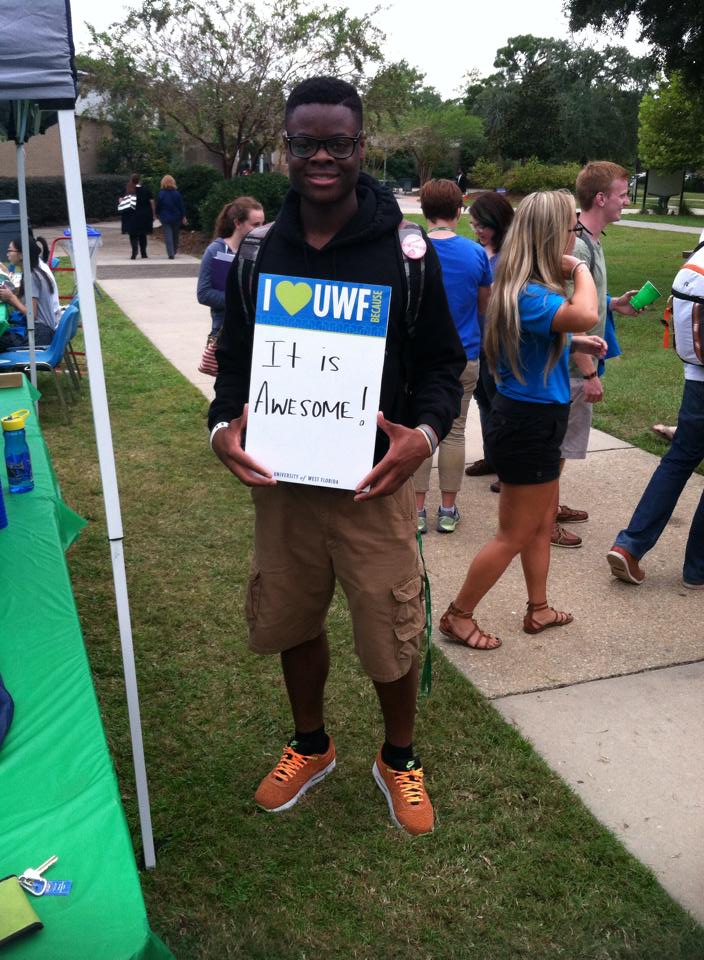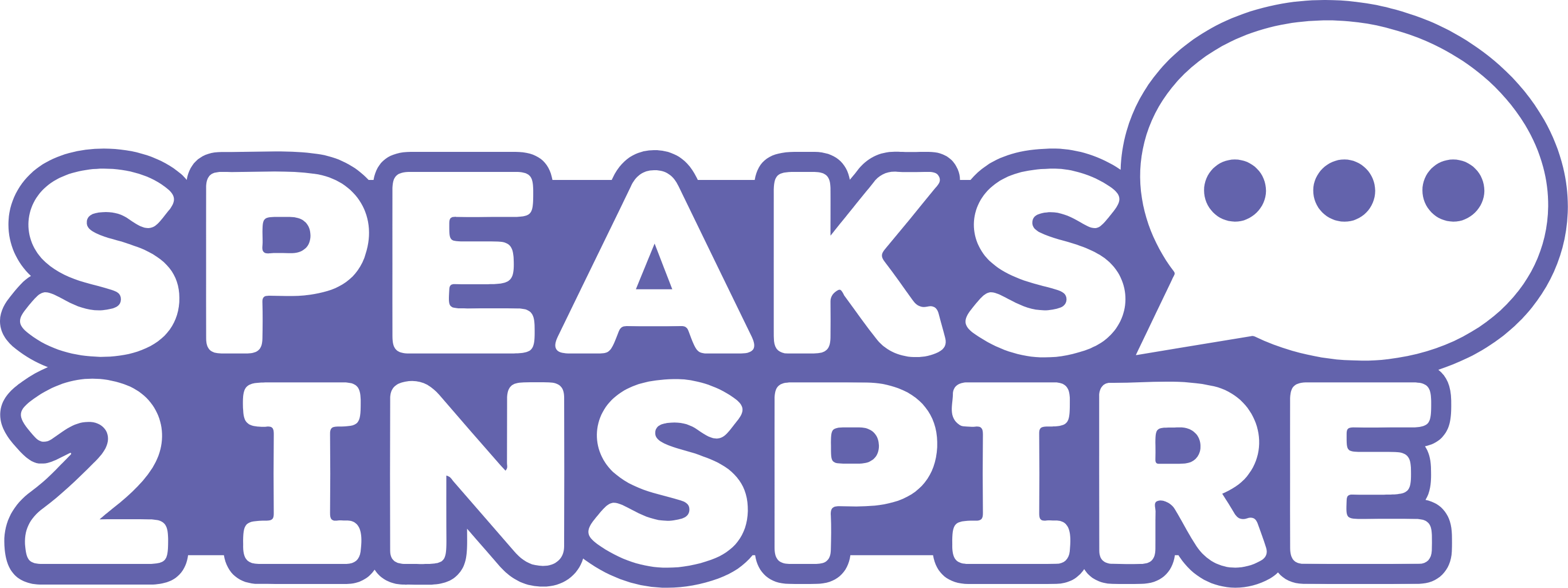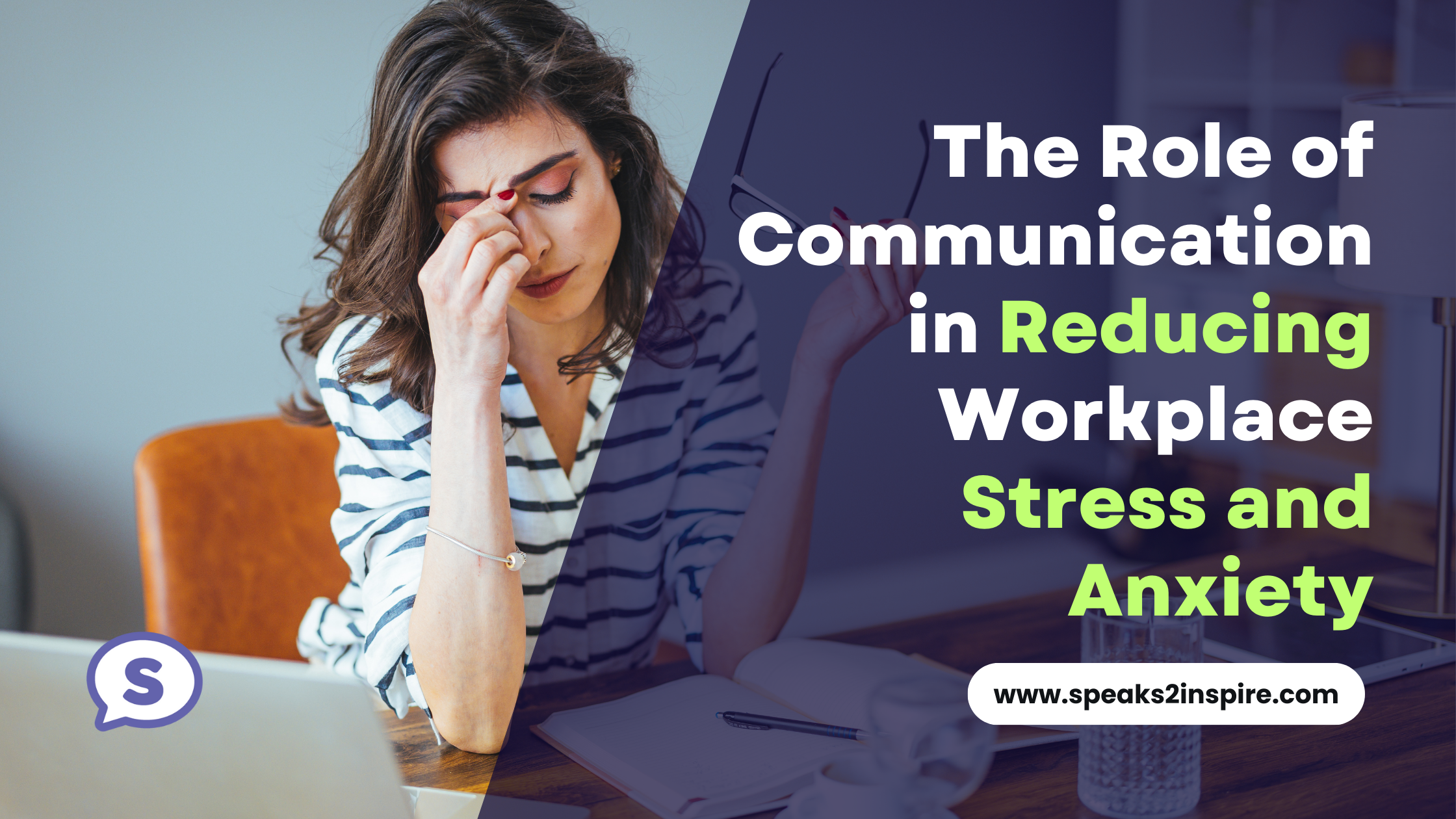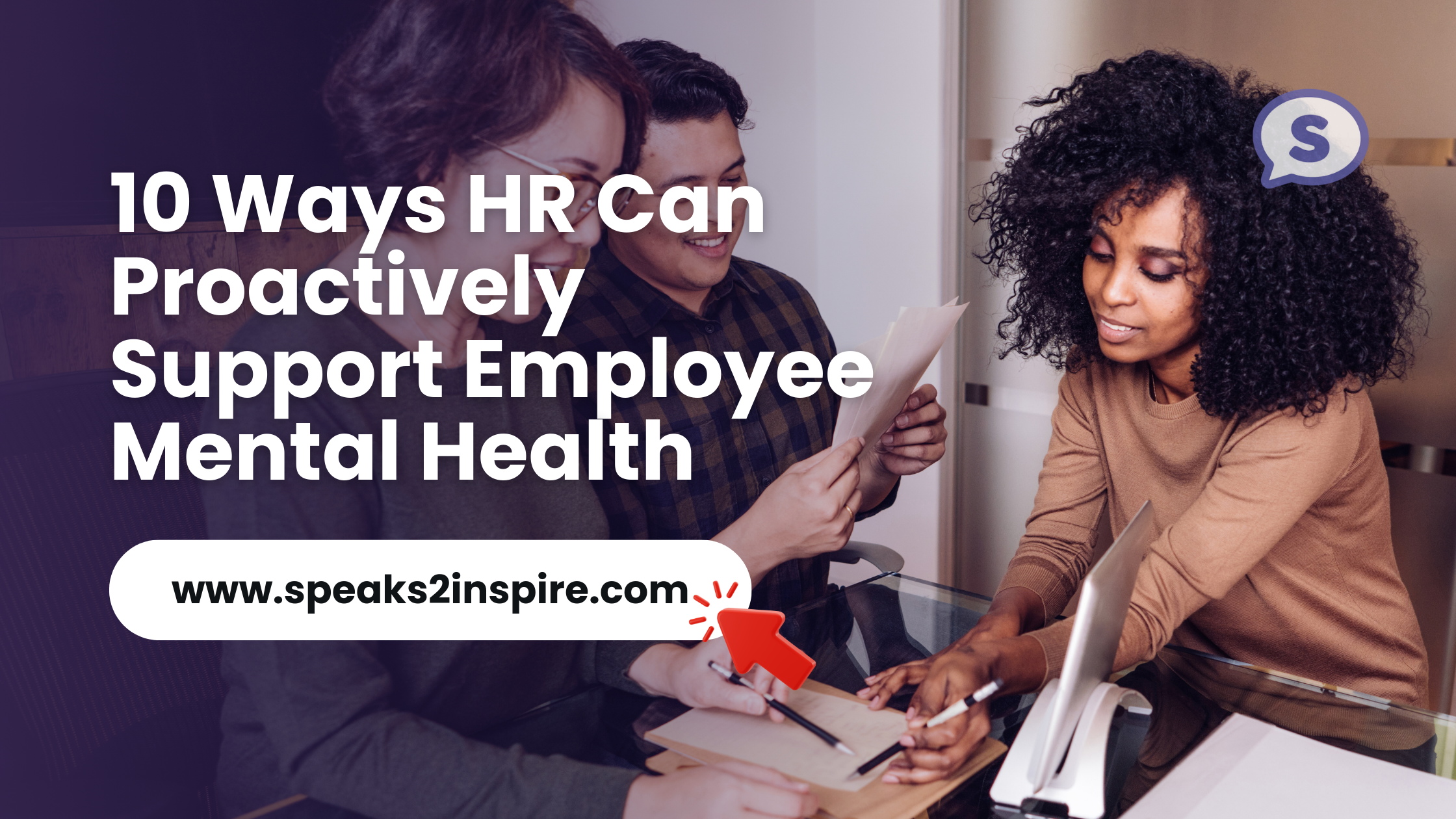This blog was written by Abraham Sculley, CEO, Speaks 2 Inspire:
As I sit down to write this, I’m having mixed emotions. On one hand, there’s a sense of sadness that we’re still grappling with a problem that has plagued our communities for far too long. Yet, on the other hand, there’s a glimmer of hope and optimism, as I reflect on all we have done so far.
The Substance Abuse and Mental Health Services Administration (SAMHSA) recently announced that over $2 million in funding has been allocated to address the pressing issue of student mental health. It’s a tangible commitment to tackling a challenge that has often been overlooked or swept under the rug. This funding represents an acknowledgment that mental health matters and that support is not only needed but also available.
I was a little emotional after reading the statement in a press release, “We hear you. Support is here.” As a first-generation college graduate, I know that support can be the difference maker for students considering whether they should drop out or persevere. Those words, “We hear you. Support is here,” remind me that we are progressing and change is within reach.

(Abraham Sculley during freshman year at the University of West Florida in 2014)
The fact that student mental health has garnered the nation’s attention is both sobering and heartening. It’s a testament to the growing awareness surrounding mental health and the collective efforts to address it. Organizations like SAMHSA are at the forefront of this movement, actively working to make a difference. See the description of the GLS Campus Suicide Prevention Grant Program below:
The purpose of this program is to support a comprehensive public health and evidence-based approach that: (1) enhances behavioral health services for all college students, including those at risk for suicide, depression, serious mental illness (SMI)/serious emotional disturbances (SED), and/or substance use disorders that can lead to school failure; (2) prevents and reduces suicide and mental and substance use disorders; (3) promotes help-seeking behavior and reduces stigma; and (4) improves the identification and treatment of at-risk college students so they can successfully complete their studies.
If I could offer encouragement to my fellow mental health advocates in higher education, it would be to explore this funding opportunity. As a matter of fact, I urge you to explore it. Grants like the one offered by SAMHSA have the potential to be a catalyst for meaningful change, particularly for smaller colleges and universities. I’ve seen it happen firsthand through our impact at Speaks 2 Inspire.

(Abraham Sculley speaking to incoming freshman students at a university)
This is bigger than money; it’s an investment in our future. Let’s invest in the well-being of our students, and our communities. Let’s send the message that, “We hear you. Support is here.”
For more information about the grant program and how to apply, visit: the SAMHSA Grant Announcement
About Speaks 2 Inspire:
At Speaks 2 Inspire, we’re committed to eradicating mental health stigma and empowering individuals and organizations to prioritize mental well-being. With years of experience in planning and hosting engaging mental health events, we understand the challenges and opportunities involved in creating meaningful experiences that drive positive change.
Get Started Today:
Ready to make a difference in your community? Download your copy of the Mental Health Event Planning Guide now and embark on your journey toward creating impactful events that inspire, educate, and empower.
Join us in our mission to eradicate mental health stigma and transform lives through the power of mental health awareness.
Together, we can make a difference.
Was this post valuable? Share it on your social media platform!




